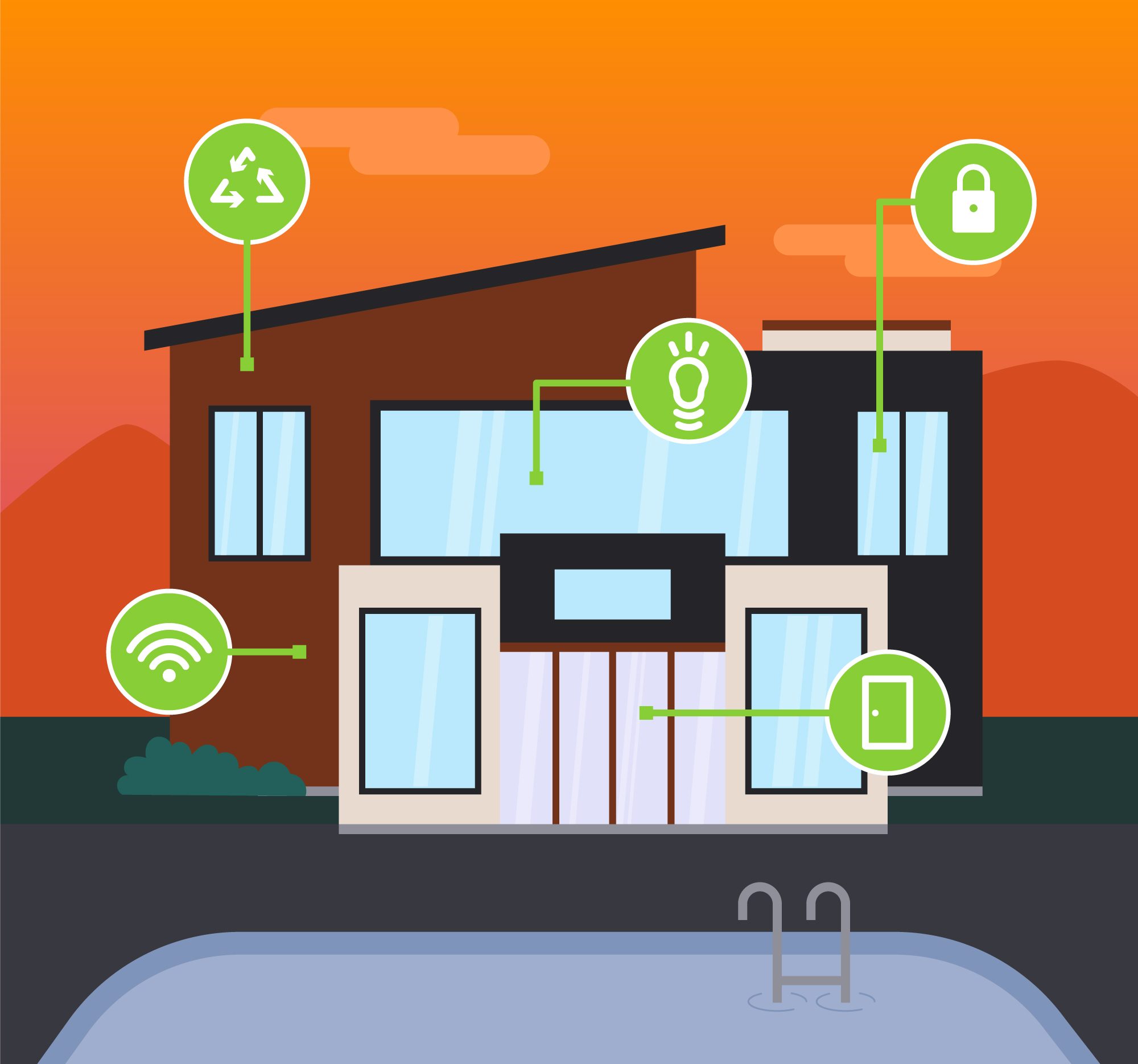Software simplifies property management, providing property owners and managers with powerful tools to automate, streamline, and optimize their operations. With the complexity of managing multiple properties, tenants, and finances, property management software offers essential solutions that save time, reduce errors, and improve efficiency.
1. Automating Tenant and Lease Tracking
One of the key ways software simplifies property management is through automation. Managing tenant information, lease agreements, and rental schedules manually can be overwhelming. Property management software allows for automated lease tracking, sending reminders for renewals and rent payments. This automation eliminates the need for manual record-keeping, reducing human error and improving organization.
2. Streamlining Rent Collection with Software
Software simplifies property management by making rent collection more efficient. Online portals allow tenants to pay rent conveniently from anywhere, and automatic payment reminders reduce late payments. This system also provides landlords with a transparent view of payment history, making it easier to track finances and ensure timely payments. Additionally, the software can integrate with accounting tools, simplifying financial management.
3. Enhancing Maintenance Requests and Communication
Effective communication between property managers and tenants is essential. Software simplifies property management by offering maintenance request features, allowing tenants to report issues directly through the platform. Managers can track these requests, assign tasks to maintenance staff, and ensure timely resolution. This streamlined communication enhances tenant satisfaction and keeps properties in good condition.
4. Financial Reporting and Analysis Made Easy
With software simplifying property management, landlords and property managers can generate detailed financial reports with just a few clicks. These reports offer insights into rental income, expenses, and overall profitability. Real-time financial tracking helps property owners make informed decisions and assess the performance of their investments. This feature significantly reduces the time spent on manual bookkeeping and enhances accuracy.
Conclusion
Software simplifies property management by automating processes, improving communication, and enhancing financial management. For property owners and managers, adopting property management software is a game-changer, allowing for more efficient operations and better service for tenants. For more insights into property management software solutions, visit Bedots.
Read more: Securing Real Estate Software: Protecting Data & Deals



